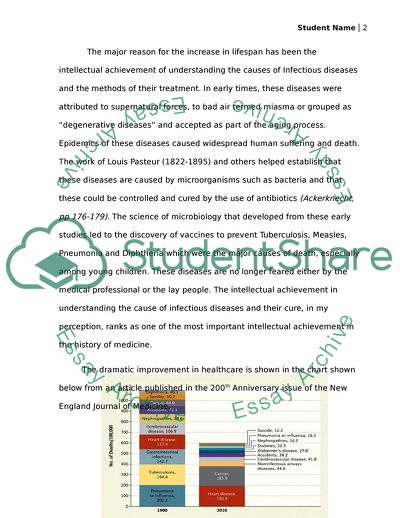What do you think is one of the most important Intellectual Essay. https://studentshare.org/medical-science/1829579-most-important-intellectual-achievement-in-the-history-of-medicine
What Do You Think Is One of the Most Important Intellectual Essay. https://studentshare.org/medical-science/1829579-most-important-intellectual-achievement-in-the-history-of-medicine.


